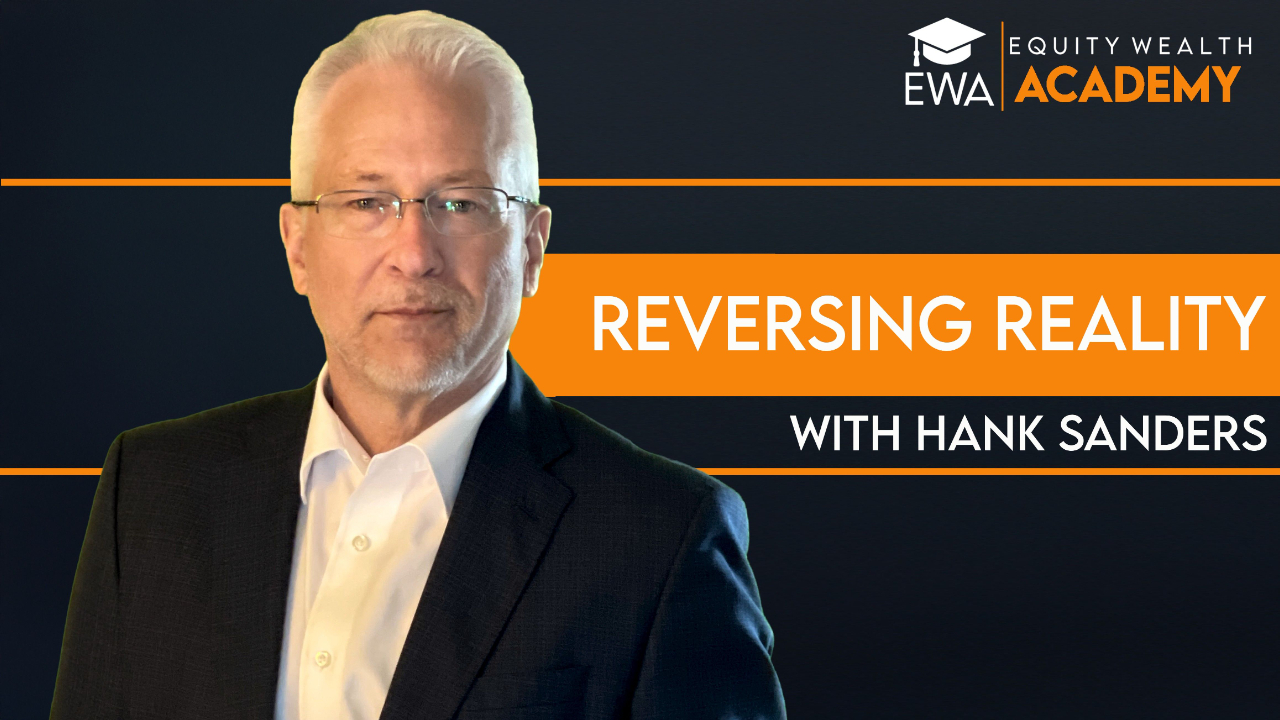
The Top 5 Strategic-Partner Marketing Questions Every Loan Officer Should Ask
Sep 22, 2025To build a sustainable, ethical, and high-value business through strategic alliances, loan officers need to ask the right questions, not just to prospects, but to themselves. Here are five of the most important questions to guide your strategy for partnering with advisors who already serve clients who could benefit from mortgage solutions for retirement age clients.
- Who are the advisors already trusted by my ideal clients, and what value do they deliver?
Before approaching any advisor, you must map out who in your market is already serving the kind of senior clients who might benefit from accessing home equity. Some categories:
- Financial planners who specialize in retirement income planning
- Estate planning attorneys or elder law attorneys
- Certified Public Accountants (CPAs) or Enrolled Agents (EAs) who work with retirees.
- Real estate agents listing or selling properties for older homeowners.
- Long-term care planners or geriatric care managers
For each, ask:
- What specific services do they offer?
- What problems are their clients commonly bringing them?
- What level of knowledge do these professionals already have concerning lending strategies fro seniors such as reverse mortgages?
Understanding their value proposition helps you position your services as complementary.
- What do I bring to the table that an advisor can’t easily replicate?
Strategic partners won’t introduce clients to you unless they see you as offering something uniquely helpful. Think in terms of specialized knowledge, tools, client outcomes, and process efficiencies. Possible differentiators:
- Deep expertise in the different reverse mortgage products and how they interact with tax, estate, and retirement income issues.
- Clear, compliant materials for clients and advisors.
- A process that enhances and protects the advisor’s relationship.
- Risk-management: clear disclosure, good reputation, excellent underwriting/trust.
- Co-branded or white-label content / workshops you host together.
Be ready to explain how working with you adds real value: less risk, better client outcomes, increased advisor trust, smoother implementation. Or better yet, how you've worked with other professionals to get to these outcomes.
- How do I educate advisors (and their clients) without triggering bias or discomfort?
Reverse mortgages still have stigma or misunderstandings. To forge strong alliances, your educational approach must be respectful, clear, and evidence based.
- Offer workshops, webinars, or lunch-and-learns designed for advisors, focusing on case studies, comparisons, and financial modeling.
- Provide short, digestible materials: one-page summaries, calculators, sample amortization or payout schedules.
- Use third-party research/articles from peers in their profession to show benefits.
- Always disclose cost, impact, and risks.
The more you demystify the product and show that you understand advisors’ concerns about fiduciary responsibility, regulatory compliance, and client protection, the more comfortable they will feel introducing you into the relationship.
- How will I structure the business alliance to protect both the advisor’s client relationship and my visibility?
Strategic alliances are about trust. Advisors want to know that collaborating with you won’t undermine their credibility or confuse their clients. Key considerations:
- Communication: Who speaks to the client, when, how often? What’s promised by the advisor vs by you?
- Branding: Branding or labeling so the client knows your role. Possibly scripts or joint meetings.
- Introduction process: How introductions are made, tracked, feedback given.
- Continuity: how you sustain the relationship even as staff or markets change.
- How will I measure success, and how long should I commit before evaluating results?
Many mortgage professionals expect immediate advisor client introductions and get discouraged. But strategic alliances take time to develop. You should decide early on:
- What metrics you’ll track: number of client cases per partner, quality, conversion rate, client satisfaction, repeat business, etc.
- What “small wins” look like (e.g. running a successful webinar with an attorney, having an advisor invite you to a client event).
- The time horizon: often 6-12 months (or more) before you see consistent, meaningful volume.
- Feedback loops: ask partners what’s working, what isn’t, adjust content, messaging, processes.
If after your stipulated period you see poor results across multiple metrics, revisit your strategy: maybe you need different partners, a better process, or clarified value propositions.
Final Thoughts
Building a business through strategic alliance marketing is less about selling and more about serving, serving both the advisor and their clients. The mortgage specialist who is clear about the problems they solve, who brings genuine value, who communicates well, and who is patient, ethical, and adaptive will find a path to steady growth.
Looking to expand your mortgage business by working with professionals? Consider our Advisor Advantage Masterclass, or testing our comprehensive Mastery Membership with a 7-Day Pass.
Stay connected with news and updates!
Join our mailing list to receive the latest news and updates from our team.
Don't worry, your information will not be shared.
We hate SPAM. We will never sell your information, for any reason.


